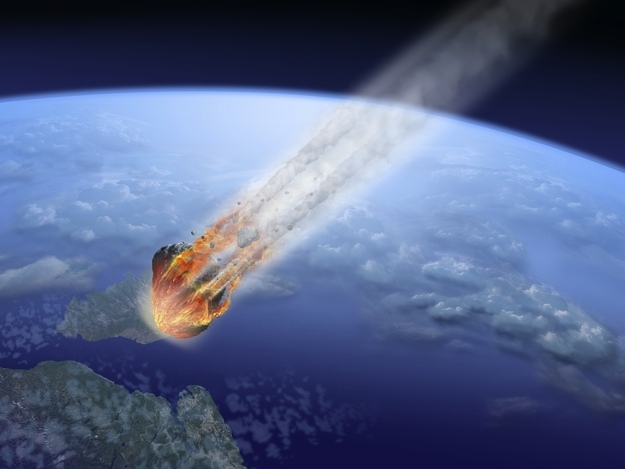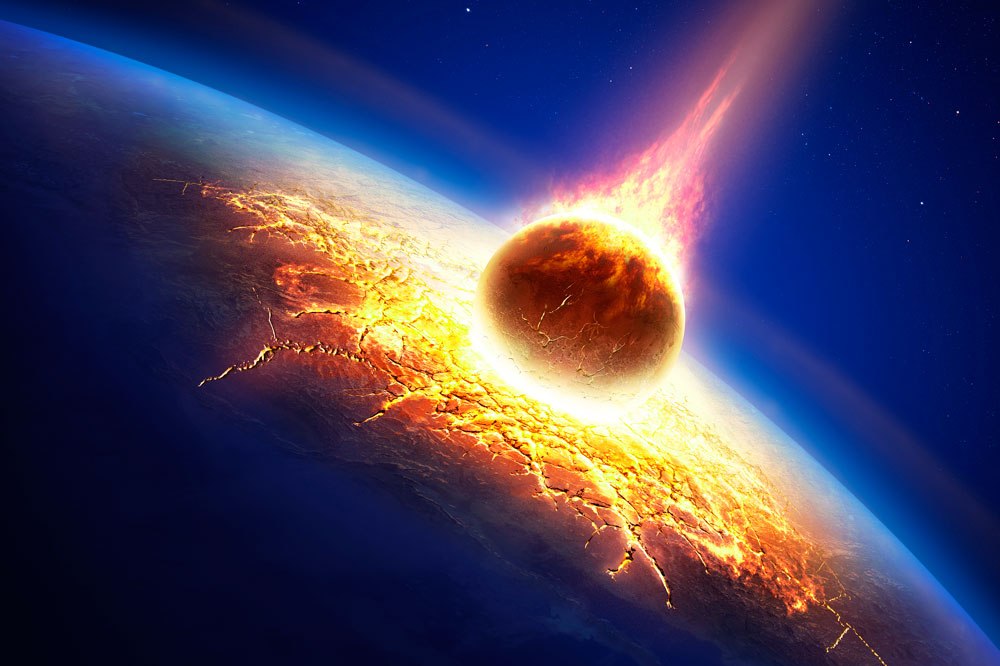
Scientists Believe That Stars Can Let Comets Strike Earth
The recent advancement in the field of space research conducted by the researchers at the Max Planck Institute for Astronomy in Germany has revealed some interesting things.
It is assumed that as many 24 stars are headed towards our solar system and may deflect comets, causing them to collide with the Earth in the next million years, scientists say, the scientists calculated how often stars stray into the Oort cloud, a vast, spherical shell of billions of icy objects that is thought to envelop our solar system.

According to the researchers, such close encounters can dislodge these loosely orbiting comets, sending them hurtling into the solar system, risking a collision course with the Earth. The team also predicted that within the next million years between 19 and 24 stars will come within 3.26 light years of the Sun close enough to deflect comets from their original ways.
Coryn Bailer-Jones, of the Max Planck Institute, was quoted saying, “Certainly anything coming within that distance you should worry about.”
Well, after all, not all close encounters would lead to comets hitting the Earth. The collision would depend on where the Earth is in its orbit relative to the passing star but the chances of a collision would peak at these times.

They added that within the next million years, a further 490 to 600 stars will pass the sun within a distance of 16.3 light years, which is far beyond the predicted outer reaches of the Oort cloud, but in the case of a very large star, still potentially close enough to cause comets to swerve in their tracks.
The study came to limelight after it was published in the journal Astronomy and Astrophysics of the recent edition.
Related Article: Dark, Contorted Sunspot Nearly Twice The Diameter Of Earth Spotted By Scientists